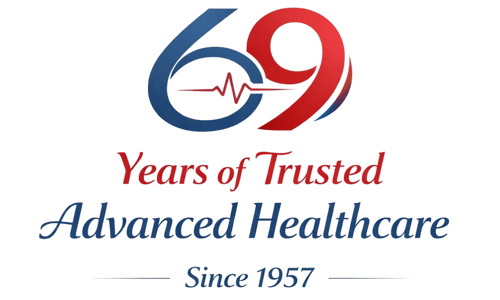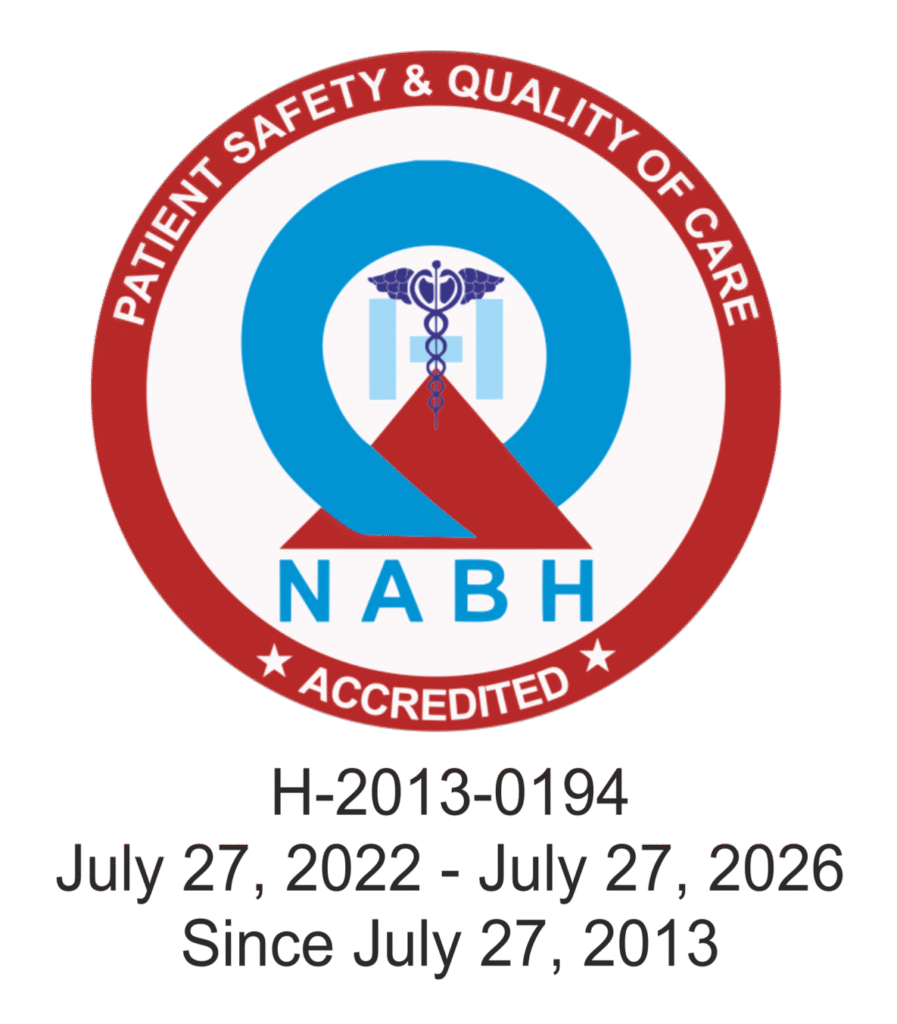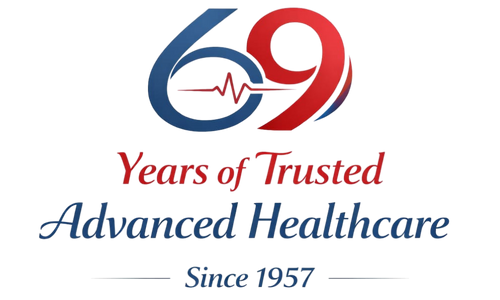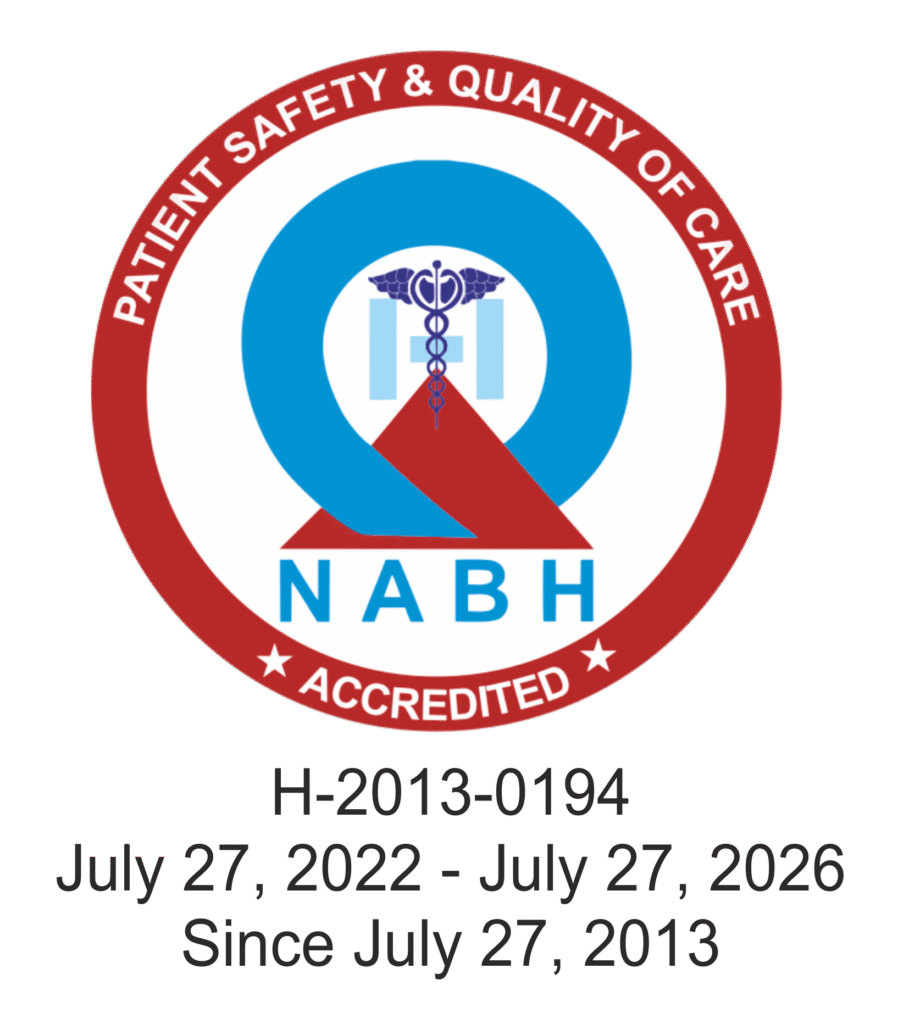
Unlock a Future in Diagnostic Imaging Excellence
At Vadamalayan Hospitals & PG Institute of Medical Sciences, we offer a DNB / Diploma in Radio Diagnosis program designed to train future radiologists in advanced diagnostic techniques and imaging technologies. As per NBEMS curriculum of clinical practice with academic learning, we ensuring that our trainees become highly skilled in interpreting medical images for accurate diagnoses & performing procedures.
Our trainees gain hands-on expertise in General Radiology, GIT, GU, CT, Ultra Sound, Angiography, MRI, Interventional Radiology, Oncologic Radiology and essential knowledge of Radiation safety, Medico legal aspects and patient care.
| Courses Accredited with NBEMS (41217) | |||
|---|---|---|---|
| Course | Eligibility | Duration | Seats |
| DNB Radio Diagnosis | Post MBBS | 3 years | 1 Seat |
| DNB Radio Diagnosis | Post Diploma | 2 years | 1 Seat |
| DMRD (NBEMS) - Diploma in Radio Diagnosis | Post MBBS | 2 years | 2 Seats |
Eligibility DNB Course:
To get admitted to a DNB (Diplomate of National Board) course, candidates need to have an MBBS degree from a recognized institution and have completed a one-year internship. They must also qualify for the NEET-PG (National Eligibility cum Entrance Test for Post-Graduation) examination.
Admission is based on merit, determined by the NEET-PG score, and is followed by a centralized counseling process conducted by the National Board of Examinations in Medical Sciences (NBEMS).
- MBBS Degree: Candidates must possess a valid MBBS degree from a medical college recognized by the Medical Council of India (now part of the National Medical Commission).
- Internship: Completion of the mandatory one-year internship is required.
- Registration: You need a permanent or provisional registration certificate of MBBS qualification from the NMC or a State Medical Council.
- NEET-PG Qualification: Candidates need to qualify for the NEET-PG examination conducted by the NBEMS.
Eligibility DNB Post Diploma Course:
To be eligible for a Post Diploma (DNB Post Diploma) course through NBEMS, candidates need to possess a recognized Post Graduate Diploma in a relevant specialty, have passed their final diploma exam on or before the specified date, and hold a permanent MBBS registration. Additionally, they must have appeared in the DNB PDCET exam and the diploma qualification needs to be recognized by the NMC Act.
- Recognized Post Graduate Diploma: Candidates must possess a Post Graduate Diploma in a specialty recognized as per the provisions of the NMC Act, 2019 and the repealed Indian Medical Council Act, 1956.
- Qualification: The candidate needs to have qualified for the final examination of the Post Graduate Diploma on or before the specified date as per NBEMS, and a pass certificate or provisional pass certificate is required.
- MBBS Registration: Candidates must have a permanent registration certificate for their MBBS qualification issued by the MCI/State Medical Council.
- DNB PDCET: Candidates need to have appeared in the DNB PDCET (Post Diploma Common Entrance Test).
Admission Process:
- NEET-PG / PDCET: The first step is to appear for the NEET-PG / PDCET exam.
- Centralized Counseling: NBEMS conducts a centralized counseling process based on merit (NEET-PG scores / PDCET Scores).
- Choice Filling: Candidates indicate their preferred institutions/hospitals during the counseling process.
- Seat Allocation: Seats are allocated based on merit and choices submitted by candidates.
- Reporting: Selected candidates need to report to the allotted institution and complete the admission formalities.
- Registration: Upon admission, candidates are registered with the NBEMS as DNB / Diploma trainees.
DNB radiodiagnosis (primary) is a three year radiology training course in India, opted after clearing the central exam(DNB CET) set by national board of examinations (NBE), followed by a centralised counseling procedure. The exam is scheduled twice an year.
It is equivalent in all respects to MD radiodiagnosis degree, included in first schedule of and by M.C.I by amendment of the government of India (published gazette notification) and has a thesis to be made during the training.
A DNB degree can also be obtained by the candidates who have cleared MD examination. MD degree holder needs to clear the two part exam only. Once cleared, they are awarded the degree with no further training.
Progression DNB radiodiagnosis qualified candidates are eligible for superspeciality courses DM interventional radiology and DNB in endovascular & interventional radiology.
| Scope & Competencies – Radio Diagnosis | |
|---|---|
|
| Scope of Radio Diagnosis Program | |
|---|---|
|
Our Doctors
Why Radiology?
Radiology is at the heart of modern medicine. With the rapid advancement of medical imaging technologies, the demand for skilled radiologists has surged. It plays a crucial role in modern healthcare by enabling non-invasive evaluation of internal organs, bones, and tissues to guide accurate medical decisions and treatments.

If you have questions, feel free to reach out
Vadamalayan Hospitals offers advanced diagnostic imaging tools including CT, MRI, Ultrasound, and Digital X-rays, providing students with real-time clinical training and exposure.
Yes, the program is accredited by the National Board of Examinations (NBE) and follows all guidelines set by the Ministry of Health & Family Welfare, Government of India.
Graduates can work as radiologists in hospitals, diagnostic centers, academic institutions, or pursue super-specializations like interventional radiology or research roles.




